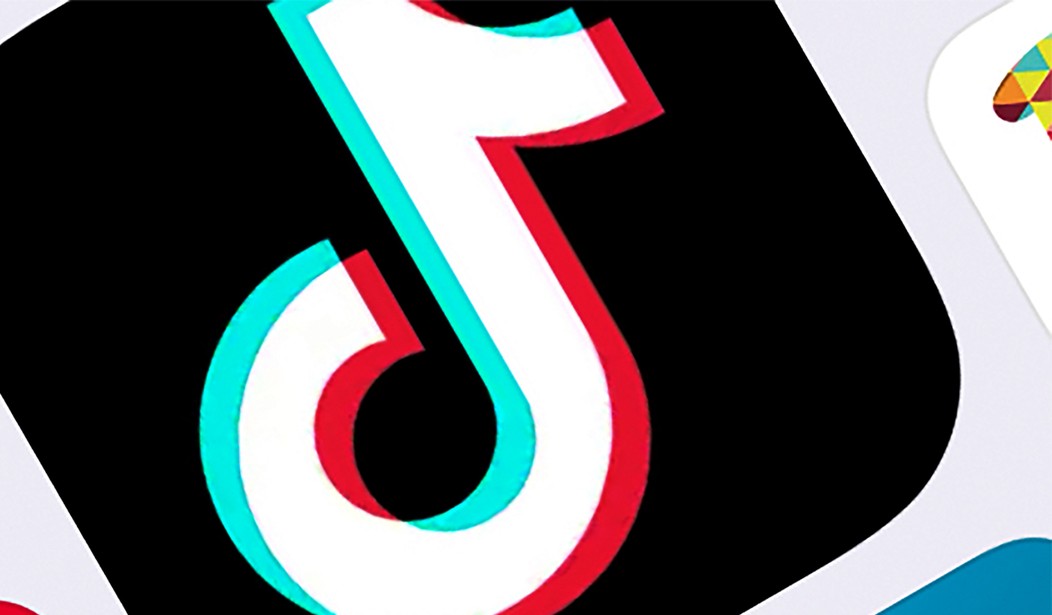Even though President Biden signed legislation earlier this year that will effectively ban TikTok next year, politicians are flocking to the app to get their messages out. Right now, both former President Donald Trump and Vice President Kamala Harris, as well as their campaigns, are actively using the social media app to communicate political messages to potential voters. This is an understandable and appropriate use of social media to conduct First Amendment-protected political speech. Blocking this speech by banning TikTok would be a clear violation of Constitutional rights and will hopefully be rejected by the courts or reversed by the next Administration and Congress.
As we get closer to election day, we can expect political activity on TikTok and other social media apps to intensify. The Independent reported on August 24, “Kamala Harris, Tim Walz, Pete Buttigieg, JD Vance, and Donald Trump have all joined TikTok as the race ramps up and campaign strategists scramble to influence young voters.” Within weeks of taking the helm of the Democratic ticket, Harris has amassed 5.5 million followers on the app, rapidly closing the gap with Trump, who has 11.2 million followers. And her newly-minted running mate, Minnesota Governor Walz, already has 1.5 million followers, almost double that of Trump’s running mate, Vance, who has a still respectable 865,000 followers of his own.
With Vice President Harris’ successful outreach to young voters through TikTok, we might expect that if she wins the election, she will take a more reasonable stance toward the app and break with the Biden Administration’s approach. While she has said little on the subject, according to the Independent, her spokesman said she simply wants to see a change in TikTok’s ownership, so it is no longer owned in part by China-based ByteDance. But such a change in ownership is unlikely to happen, so her current position is the same as advocating for a ban.
Recommended
Trump, on the other hand, has reversed his previous opposition to TikTok and now says he would block any effort to ban the app if reelected. In one of his first posts on the app in June, he notably said “I’m gonna save TikTok.” Trump can take credit for pushing TikTok to make changes to address data and content concerns raised by some U.S. officials. Under Trump’s pressure, TikTok launched its “Project Texas,” where it moved all U.S. user data to Texas-based Oracle servers and offered to have a U.S. government-controlled board oversee the app content moderation. So while Trump’s reversal may seem like political opportunism, it is grounded in real changes made by the company to address concerns.
The current battle over the ban has moved to the courts and there is hope that First Amendment considerations will prevail over the fear-mongering. In court filings, the Biden Justice Department argues that China may be able to use the app to run influence operations during this upcoming election and that the app’s potential ability to collect U.S. user data poses a national security concern. But these arguments hold little merit.
First, there is no evidence that the Chinese government has used TikTok to influence U.S. elections. Claiming that this might be possible is inadequate to justify banning an app and violating First Amendment rights. The Center for Strategic & International Studies (CSIS) further argues that “influence operations are generally overrated,” because it is more likely that a risk to democracy comes from domestic troublemakers, not external actors.
Second, there is no evidence that China has used TikTok to collect data on American users. And almost any data that could be theoretically collected from TikTok, is available through many other sources, including global data brokers. According to CSIS, there is also no evidence that China has found a way to benefit from the data it collects from other sources.
Just think for a moment where the Justice Department’s China threat logic would lead us. Should we ban all products made in China that might be able to collect data from U.S. users, whether or not that is happening right now? Almost every Apple iPhone is made in China. Should those all be banned? How about Tesla cars? More than half of those are made in China. Microsoft employs thousands of Chinese engineers to develop its products. Should we ban all computers with Microsoft software?
I also worry about the slippery slope of banning TikTok, and then going after X (formerly Twitter) because the government does not like Elon Musk.
The political dialogue on TikTok, by both Republicans and Democrats, shows that the app is being used effectively for political discourse. Political speech is at the center of our First Amendment right to express ourselves. If the courts don’t stop this ban nonsense, the next Administration and Congress certainly should.
Judson Phillips is the founder of Tea Party Nation, one of the largest tea party groups in the country.

























Join the conversation as a VIP Member